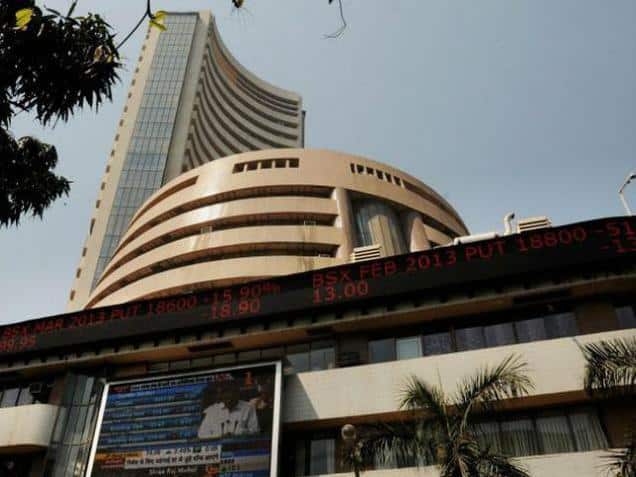Mumbai: In a major step towards a simpler securities market trading infrastructure, regulator Sebi on Thursday announced much-awaited integration of stocks and commodities trading on a single exchange from October next year.
A two-phase integration of trading in commodity derivatives market with other segments of securities market at the exchange level was discussed and approved by Sebi’s board at a meeting here today, a move that would help leading stock exchanges, BSE and NSE, to launch their commodity trading platforms.
Currently, commodity derivatives are traded on separate exchanges, which include MCX and NCDEX.
After the meeting, Sebi’s Chairman Ajay Tyagi told reporters that the integration process would involve removal of certain existing restrictions by amending the relevant securities market regulations with effect from October 1, 2018.
This would pave way for all exchanges — currently providing trading platforms for stocks and commodity exchanges — to provide universal trading facilities.
This would allow all exchanges to do stocks as well as commodities trade from October 2018, Tyagi said.
Sebi has already been regulating the commodities derivative market after the merger of erstwhile FMC (Forward Markets Commission) with it.
In his budget for 2017-208, Finance Minister Arun Jaitley had proposed that the commodities and securities derivative markets would be integrated further by integrating the participants, brokers and operational frameworks.
For smoother implementation of this budget announcement, Sebi had decided that the integration would be done in two phases.
The first phase involves integration at the intermediary level, while the second phase deals with enabling a single exchange to operate various segments such as equity, equity derivatives, commodity derivatives, currency derivatives, interest rate futures and debt instruments, among others.
Sebi said all necessary steps required for the first phase has been already taken by it.
In order to implement the second phase, that is to permit trading of commodity derivatives and other segments of the securities market on a single exchange, Sebi said its board today approved suitable amendments to existing regulations and these amendments would be effective from October 1, 2018.
“All exchanges will be able to do securities trades as well as commodities trade from October 1, 2018. As you are aware when FMC was merged with Sebi in September 2015 there were different timelines for different items.
“Going by these timelines we could see that October 2018 perhaps is the right time where it would be three years after Sebi-FMC merger that all exchanges are able to deal with commodities or securities. This has been approved by the board,” the Sebi chairman said.
Products will have to be introduced with approval of Sebi and detailed guidelines will come out in consultation with all stake holders, he said.
“At the brokers level we have already brought in the synergy what was required was to bring in synergy at exchange level so from October 1 they would be eligible to deal
with all products subject to stipulation and guidelines so that these guidelines would be worked out in coming months.”
When asked if it would lead to consolidation, he said that might or may not happen.
“Sebi is looking at it from point of view of securities market. The concept is that there is single regulator at the highest level and we are looking at it from clients point of view and investor point of view to bring in the synergy.”
Separately, Sebi’s board also approved a proposal on payment of fees by stock brokers trading in “Options” segment of commodity derivatives.
“On introduction of Options contract in commodity derivatives, the Sebi board has decided to amend the SEBI (Stock Brokers and Sub Brokers) Regulations, 1992, such that the manner of calculation of turnover fees for Options contracts in commodity derivatives shall be computed the same way as computed for Options contract in equity derivatives,” the regulator said.
PTI

